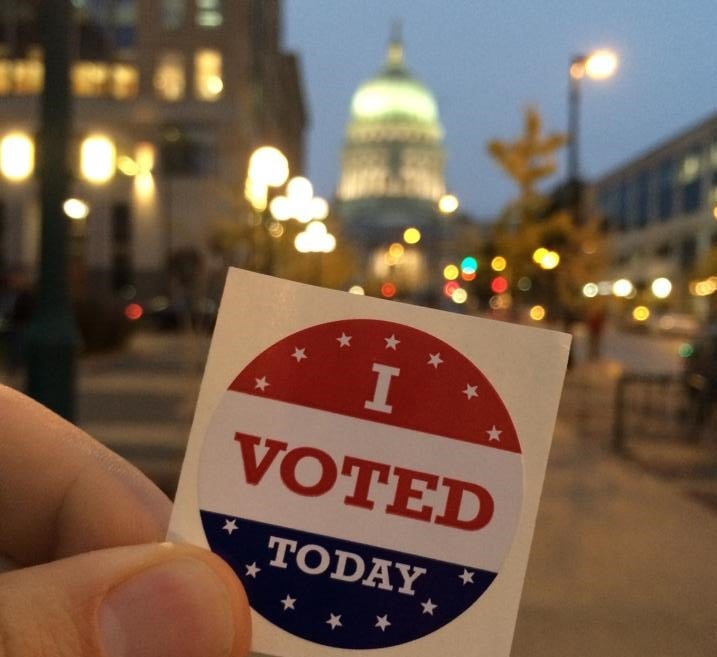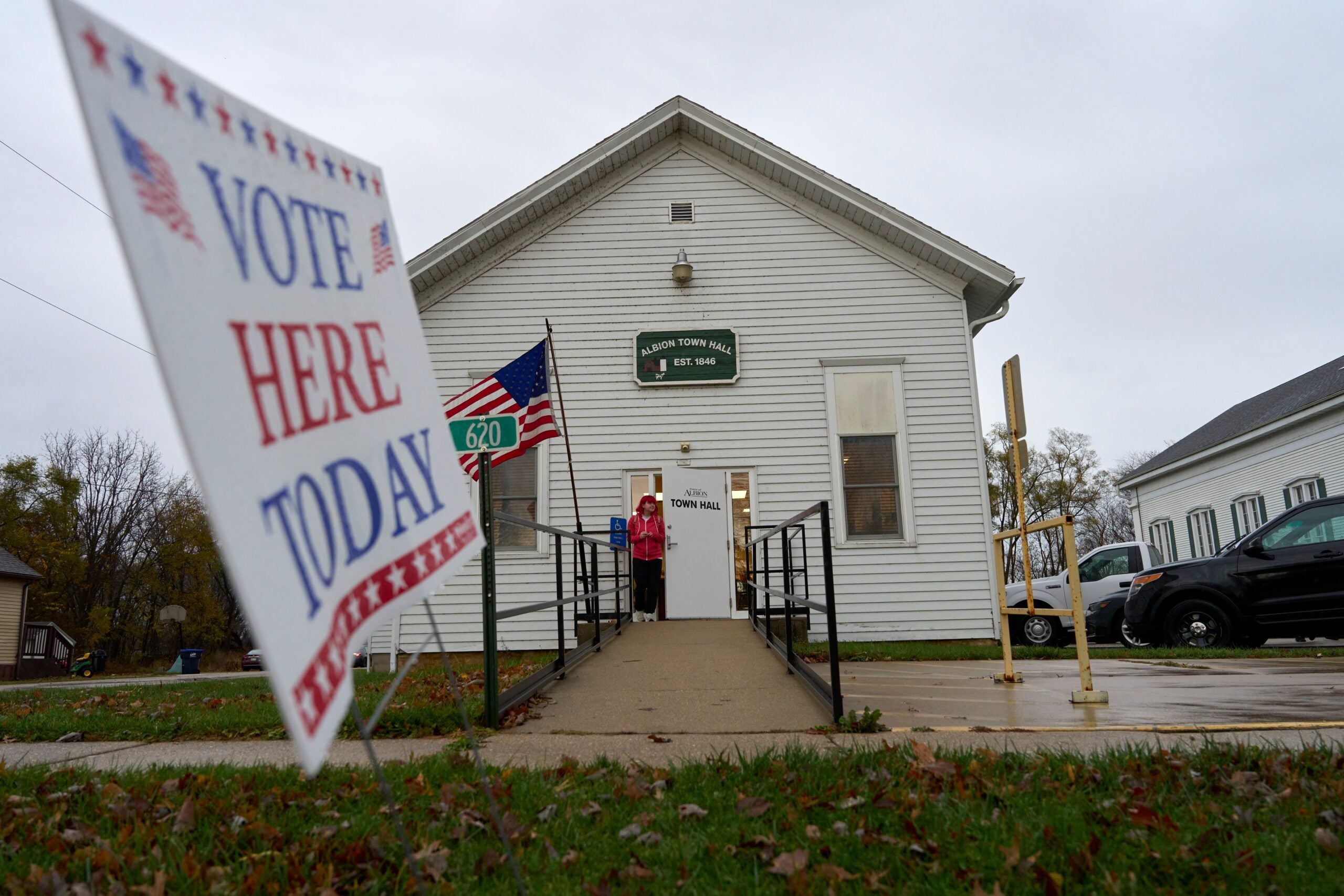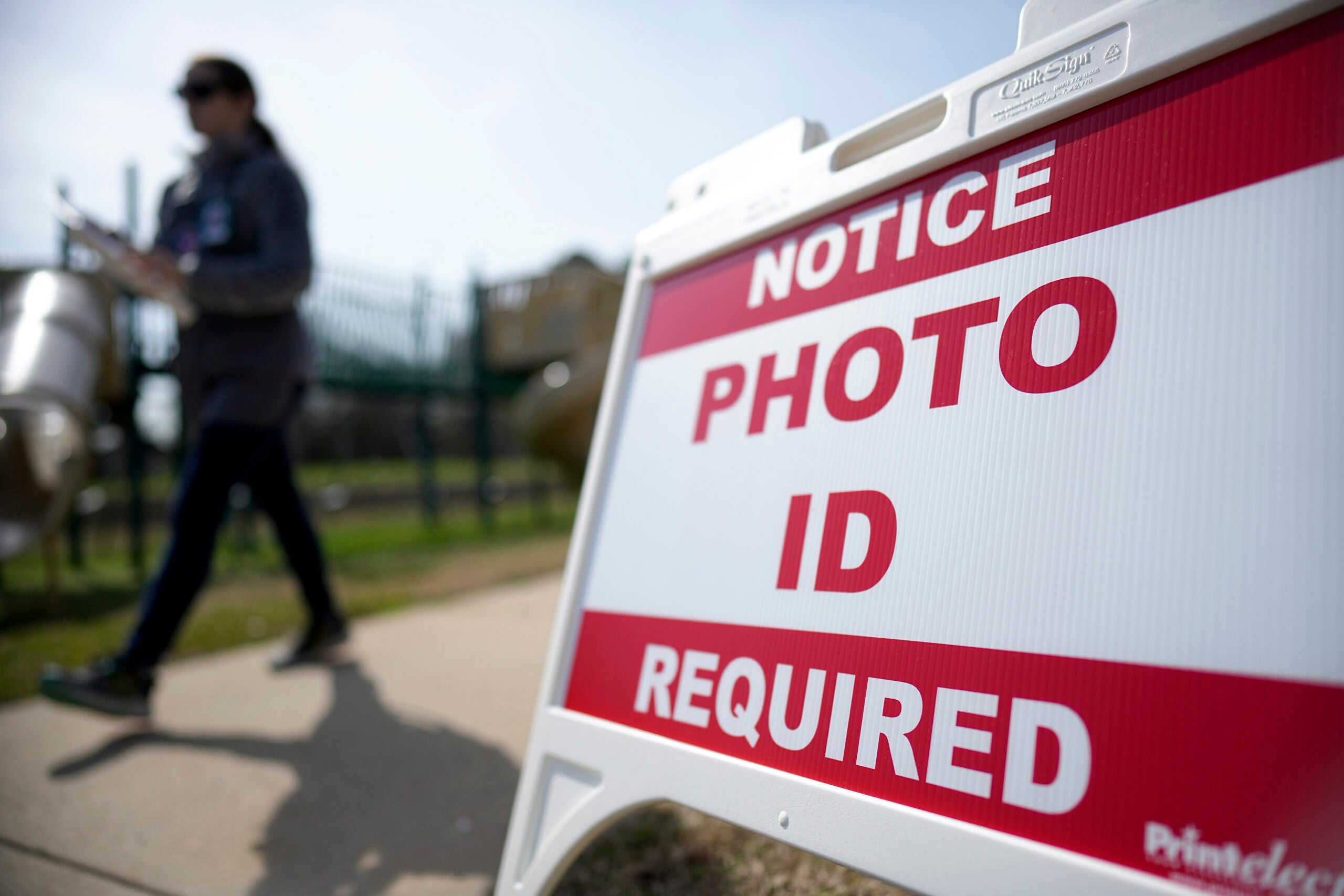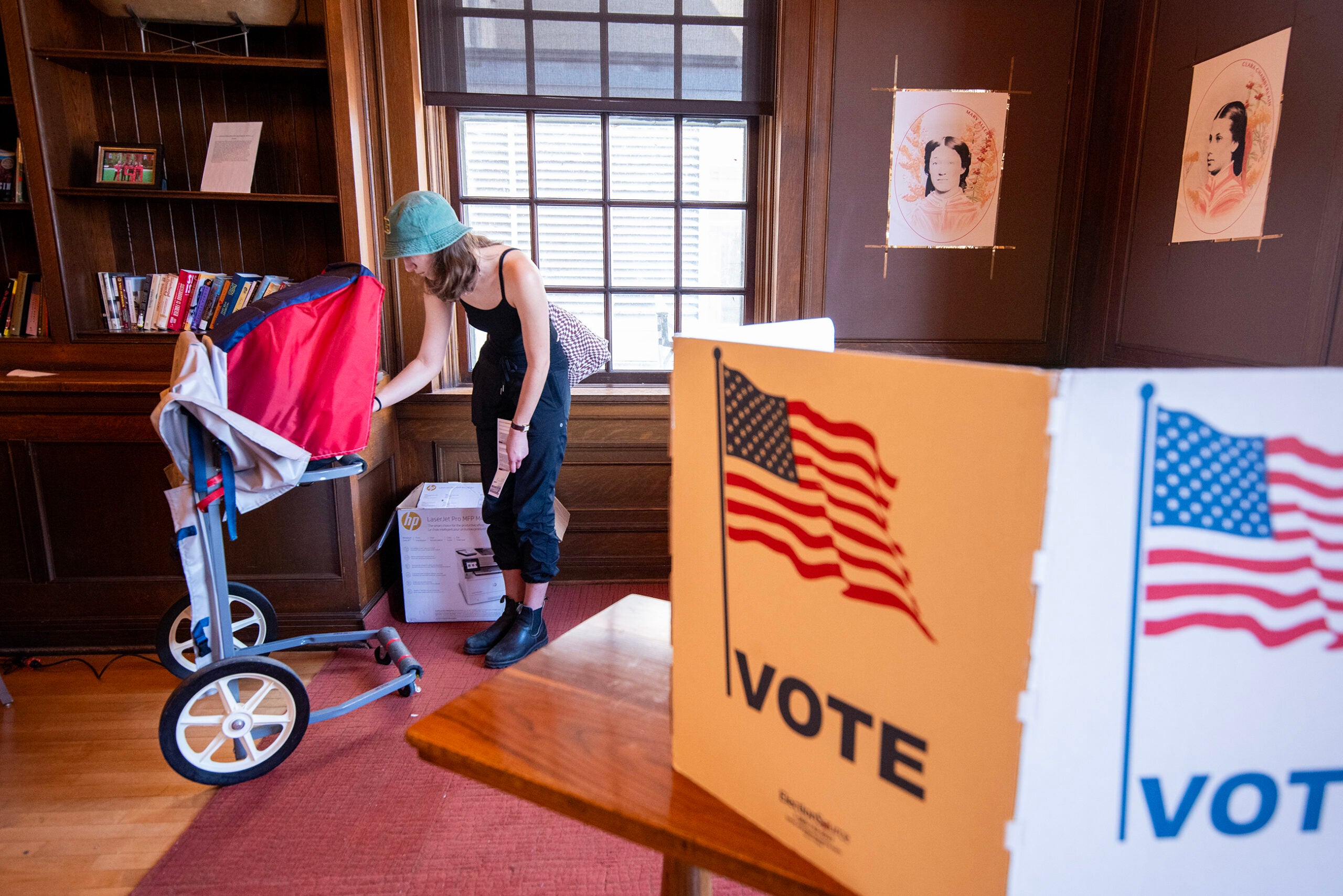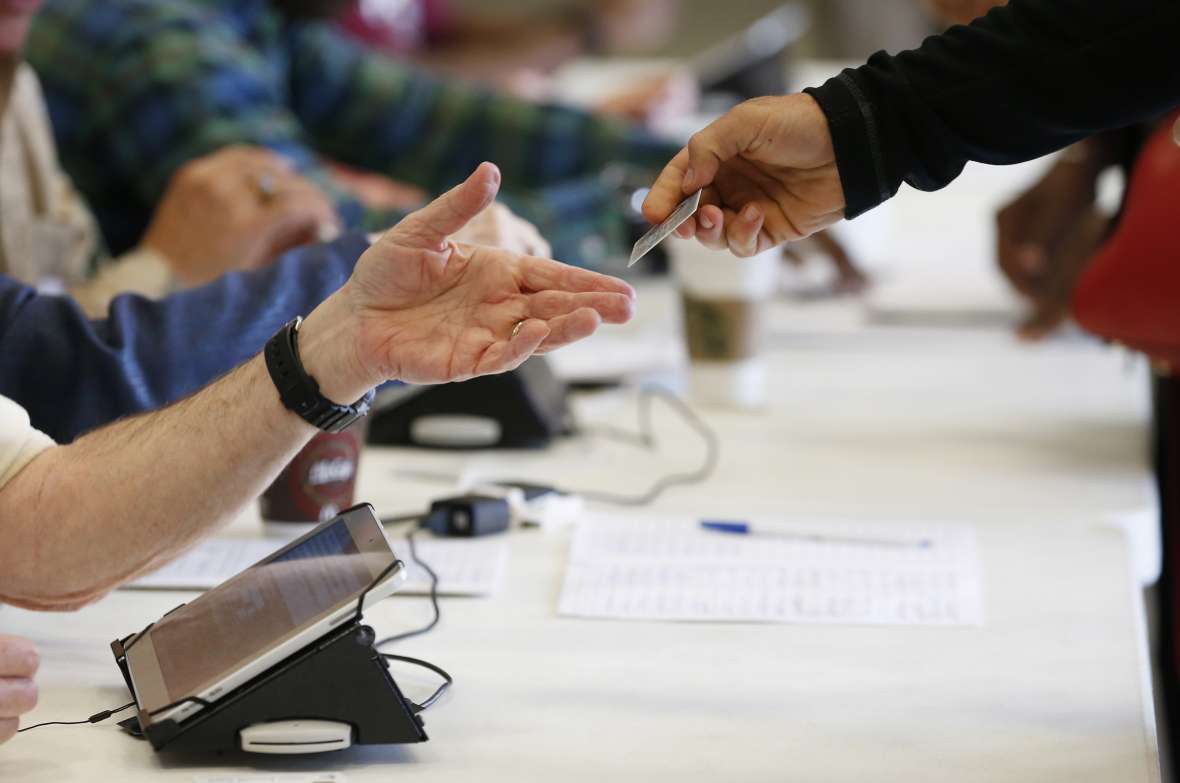A national advocacy organization that promotes student voting has filed a federal lawsuit challenging parts of Wisconsin’s voter ID law.
The lawsuit, brought by the Andrew Goodman Foundation, argues the state’s requirements for student IDs that can be used as voter IDs go too far and make it too difficult for young people to vote.
Under current law, to be used as a valid voter ID, a student ID must meet several criteria. It must have an issuance date, an expiration date no more than two years from the issuance date and the holder’s signature. The ID will only be accepted if students can also prove, through other documentation, they are enrolled in school. That other documentation could be a tuition receipt, enrollment verification letter or class schedule.
News with a little more humanity
WPR’s “Wisconsin Today” newsletter keeps you connected to the state you love without feeling overwhelmed. No paywall. No agenda. No corporate filter.
Yael Bromberg, chief counsel for voting rights at the Andrew Goodman Foundation, said the requirements go so far they violate the U.S. Constitution’s 26th Amendment, which protects against age-based voting discrimination.
“We are seeing a massive impact in (students’) inability to navigate the system and to obtain permissible identification,” Bromberg said. “I think that this gamesmanship around the student vote specifically is a betrayal of a fundamental American value.”
Wisconsin’s voter ID law was passed by the GOP-controlled state Legislature and signed by former Gov. Scott Walker in 2011. It has faced and survived a number of legal challenges, two of which are still pending in a federal appeals court.
Supporters of the law say it prevents voter fraud. Opponents have argued voter fraud isn’t a problem in Wisconsin and that the law is aimed at discouraging voting by people who tend to support Democratic candidates, including minorities and young people.
The foundation echoed that argument in its complaint.
“The real-world effect of the restrictions … is not to address a problem that truly exists, but, rather, to make it significantly more difficult for young Wisconsin voters to exercise their constitutional right to vote,” it reads.
The Priorities USA Foundation, which is aligned with Democratic group Priorities USA, is funding the lawsuit.
But Bromberg argued the lawsuit shouldn’t be considered a partisan one.
“The value that young people play in our democracy is an issue that’s beyond partisanship,” she said.
Democratic Attorney General Josh Kaul would normally be tasked with defending the state in the lawsuit. His office didn’t immediately respond to a comment asking if he would decline to do so. Under a new set of state laws passed during last year’s lame-duck legislative session, GOP lawmakers can hire private lawyers to defend state laws.
A state-based advocacy group filed a similar federal lawsuit challenging requirements for student IDs earlier this year. A federal judge has put that case on hold, saying it is similar to another voter ID case, brought by the liberal One Wisconsin Institute, awaiting a ruling by the 7th Circuit Court of Appeals in Chicago.
Wisconsin Public Radio, © Copyright 2026, Board of Regents of the University of Wisconsin System and Wisconsin Educational Communications Board.
